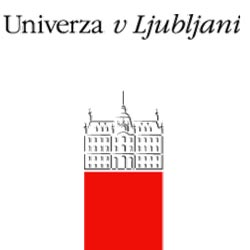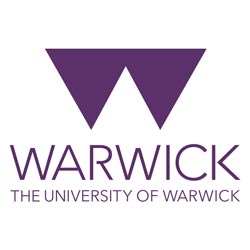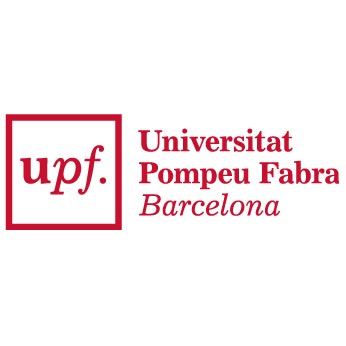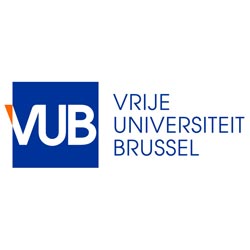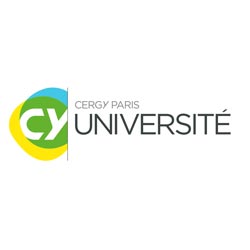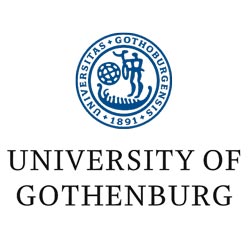Comunitat
3. Community
The EUTOPIA alliance: the seed of future European Universities
At the initiative of the European Commission, 41 transnational alliances are working to build the universities of the future, promoting European identity and values and revolutionizing the quality and competitiveness of European higher education. UPF did not want to miss out and is participating through EUTOPIA.
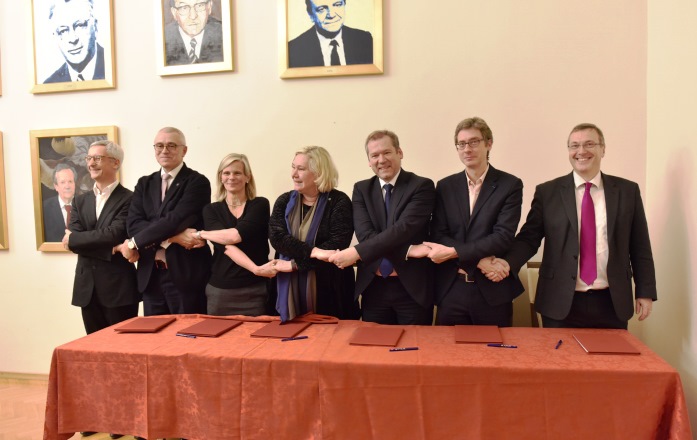
‘EUTOPIA: an ideal made real. An ideal that clearly defines the most ambitious goals of today’s Europe: a science and a culture of excellence for a system of planetary well-being.’ With these words, in March 2019, in Brussels, a group of six European universities, including UPF, announced its decision to participate in the European Commission’s ‘European Universities Initiative’ call.
Months of preparation and meetings came to fruition when the proposal was selected from amongst candidates across Europe to participate in the pilot programme. A joint project by the University of Gothenburg (Sweden), the University of Warwick (United Kingdom), the University of Ljubljana (Slovenia), Vrije University Brussels (Belgium), CY Cergy Paris University (France) and UPF, EUTOPIA recently took its first steps with the aim of ‘designing a real and believable European university’, as the presentation video explains.
EUTOPIA is an alliance of European universities that aims to study the possibility of creating a new transnational higher education institution in Europe. There are currently 41 alliances similar to EUTOPIA, each made up of between five and eleven universities. Seventeen of these alliances were chosen in a competitive call in June 2019 and began their activity on 1 December 2019. The rest were chosen in a second call in June 2020. The calls are an action by the European Commission to study the possibility of creating what it calls European Universities.
According to Pelegrí Viader, deputy rector and vice-rector for the EUTOPIA project at UPF, ‘All these alliances are conducting three-year pilot projects to explore in depth the extent to which universities in different European countries can create a common project that makes it possible to define “European” degrees, valid throughout the EU.’ These degrees would allow students from any member university of the alliance to study at any other member university without administrative obstacles. ‘The regulations governing universities are different in each EU country and, in some cases, involve very different approaches and requirements. That makes things somewhat more complicated from the start’, Viader explained.
EUTOPIA helps us in keeping with the focus on Europe, which should allow us to achieve some of the goals already outlined in our current strategic plan: internationalization, understood as the free presence and movement of people (students, teaching and research staff, and administrative and service staff) between bachelor’s degree, postgraduate degree and research programmes; the possibility of making joint appointments with other universities; or the creation of shared research institutes and schools
Additionally, according to the vice-rector, ‘We also want to explore the extent to which these new European universities – some call them super campuses – may be able to create a shared research, knowledge transfer, and researcher and staff mobility structure.’ He added, ‘It is in keeping with the focus on Europe, which should allow us to achieve some of the goals already outlined in our current strategic plan: internationalization, understood as the free presence and movement of people (students, teaching and research staff, and administrative and service staff) between bachelor’s degree, postgraduate degree and research programmes; the possibility of making joint appointments with other universities; or the creation of shared research institutes and schools.’
And if the European University concept takes hold, it will be vital to have been there from the start. For Viader, universities that do not get involved early on ‘will be operating in a different division. Their aspirations will have to be much more local, and they will not have any real options to lead in research or innovation; they will not be able to compete in a much more internationalized world.’
Travelling companions
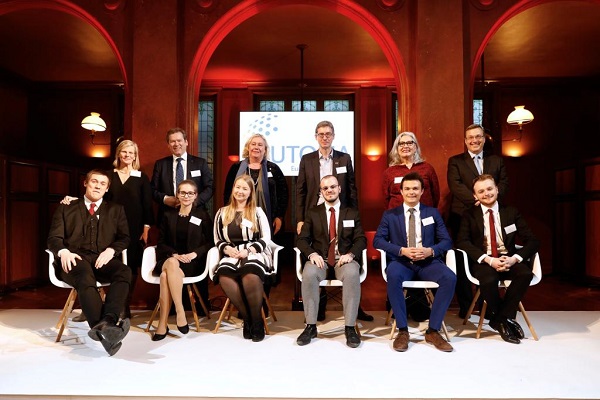
‘Warwick, CY Cergy Paris and Vrije Brussels have long had contacts in joint degree programmes and common research interests. They sought us out when the European Commission announced the call to create European Universities’, Viader explained.
UPF already had some contact with Warwick in the area of research. The two universities are quite similar institutions: young and heavily research-oriented. The inclusion of Ljubljana and Gothenburg, which strengthen various areas, helped meet one of the call’s main requirements: to have a sufficiently representative geographic scope at the European level. The result is a powerful alliance of public universities covering a broad European geographic area that are committed to public service and aim to go beyond the status quo in European higher education today.
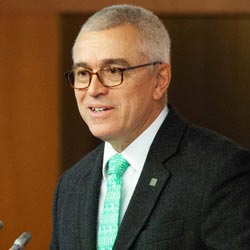
Jaume Casals, rector of Pompeu Fabra University
‘The project is a great opportunity to eradicate university barriers in Europe: internal and external, mental and material, local and national, bureaucratic and academic. EUTOPIA is a felicitous encounter, a friendly alliance of universities that are still breathing and will continue to thrive. It is a useful tool, optimal for the advent of the 21st-century European university: innovative, respectful of its local community and committed to having impacts on a planetary scale.’
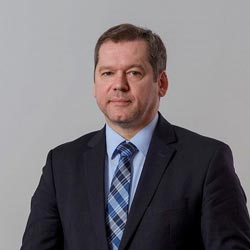
Igor Papič, rector of the University of Ljubljana
‘EUTOPIA is a new European alliance of universities that is striving to create an inclusive community to explore local and global challenges through collaborative research and innovation and student and staff mobility. With our first pilot project EUTOPIA 2050 –European Universities Transforming to an Open Inclusive Academy – we aim to become an open, multicultural and federated operation of connected campuses that facilitates the free movement of all staff and students and the vigorous participation of all citizens from their associated communities.
EUTOPIA promises a future of knowledge flow not only amongst large European countries, but also Europe’s auxiliary regions. It also decentralizes knowledge from its urban academic epicentres to regional and local spaces. This vision of a future of higher education could bring more accessible and open knowledge and science, which is one of EUTOPIA’s main goals.’
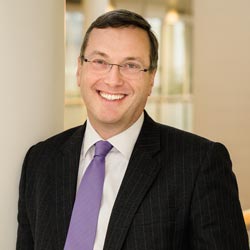
Stuart Croft, vice-chancellor and president of the University of Warwick
‘EUTOPIA exists to build bridges throughout Europe. Our network of campuses is collaborating on research to benefit citizens across the continent and is developing a new form of open, connected higher education that enables greater mobility for students, academics and staff.
The six partners have already taken bold steps in creating our European academic community, with students and staff learning, working and sharing ideas in multiple countries right now. I look forward to the opportunities still to come, for our universities and our six regions, from the further strengthening of our EUTOPIA partnership.’
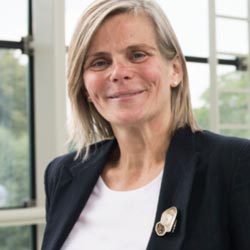
Caroline Pauwels, rector of Vrije University Brussels
‘EUTOPIA is not a simple project. On the contrary, it is a unique, complex and intensive project that aims to profoundly transform universities. It is unique because it is the expression of the will of six sovereign universities to undergo a process of collective self-transformation. It is complex because the process affects all aspects of the university. And it is intense because much work needs to be done in a short period of time.
One of EUTOPIA’s distinguishing features is the development of a new education model where the focus is no longer on the mobility of people from point X to point Z for a given period of time, but on supporting the creation of enduring and sustainable networks. Our education model of the future will bring together academics, students and non-academic players from all the EUTOPIA partner universities. Together, they will co-create courses and learning material in connected learning communities. In these EUTOPIA-connected learning communities, students, staff and the non-academic partners will gain substantial added value and relevance by cooperating at the European level.
We realize that, for reasons of sustainability, we have to change our travel policy. But we must also recognize that EUTOPIA cannot be just a digital platform for collaboration. “Being there” and “feeling connected” continue to be important parts of the educational experience. Short-term, well-chosen mobility is necessary as a tool enabling students to participate in international experiments or tasks and to support staff in building the necessary connections with peers who are willing to share pedagogical practices. In fact, connection is one of the main pillars of the EUTOPIA education model. The first pilot projects are just now being started and we are looking forward to embarking on this learning journey together.’
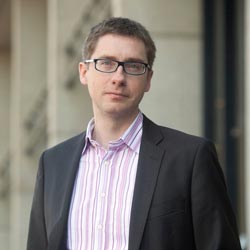
François Germinet, president of CY Cergy Paris University
‘Living in a seemingly changing society calls for proactive and reactive ways of meeting contemporary challenges. Together, the six member universities of EUTOPIA recently demonstrated that is able to break down the barriers imposed by the pandemic by holding a full week conducted entirely online, EUTOPIA WEEK, organized by CY Cergy Paris University, followed by several other online events, such as the integration seminar organized by Ljubljana. This has strengthened my belief that EUTOPIA 2050 is the place where we put innovative collaboration methods, such as virtual mobility and combined activities, to the test, going beyond existing models to progressively increase the quality and appeal of European higher education.’
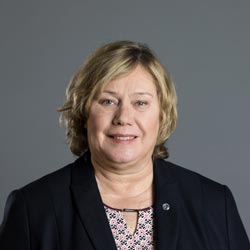
Eva Wiberg, Vice-Chancellor, University of Gothenburg
I am thrilled that the EUTOPIA 2050 project is now well underway. At the University of Gothenburg, we see a great interest and commitment to our participation in EUTOPIA
I believe that our international collaborations become even more important during these challenging times. We have adapted to the fact that we haven´t been able to meet in person during the critical first months of this project, but we continue to make progress. In fact, the pandemic has even speeded up and given more urgency to some of the alliance’s key activities.
EUTOPIA offers a rich variety of activities and spans all dimensions of university life.
EUTOPIA'S strategic lines and lines of work
‘We want to be lasting; even if the dream of creating the European University does not come to pass, we have discovered that we want to continue being EUTOPIA in future. This has become one of our clearest lines of work: defining EUTOPIA 2050 as a legal entity that will federate our universities in a series of common projects’, said Viader.
Nevertheless, the Covid-19 crisis has prompted the alliance to rethink its modus operandi, redefining the central idea of sustainable internationalization. In practice, it translates to the motto: ‘EUTOPIA, digital wherever possible with smart physical mobility where needed’.
EUTOPIA is a challenge-led, student-centred, place-based alliance of entrepreneurial, change-focused universities. It operates according to four key principles:
1. Geared towards the challenges of the future
The alliance will be challenge-driven to prepare students, teaching and research staff, and administrative and service staff to be European citizens and lifelong learners who care and act for the future of the planet and humanity.
2. Student-centred
EUTOPIA will provide transformative and open learning opportunities and extended horizons of expectation and ability, both across Europe and throughout the world.
3. Attentive to the plurality and potentiality of Europe's regions
The alliance will build on its place-making strengths, connecting cultures and contexts in order to enhance European capability and creativity and support the international pre-eminence of European innovation and influence.
4. Committed to the principles of openness and inclusion
EUTOPIA will foster and support knowledge co-creation by building open resources and collaborative platforms. It will endorse open science agendas and sponsor the access, mobility and inclusion mechanisms that unleash our intellectual and social potential.
The three-year EUTOPIA pilot plan is organized in seven work packages, each with its own specific goals and actions. All include three types of activities (strategy development; tool development and implementation; and pilot case implementation).
The leaders of the Working Packages explain the goals they pursue
The role of students
One characteristic of EUTOPIA has been the desire to build it from the bottom up, that is, starting with the university community, as opposed to imposing it from the top down. ‘This means students have a core role in the project, participating in all the working groups and in the governance structures. We could not do anything without them’, said Viader.
Students have a core role in the project, participating in all the working groups and in the governance structures. We could not do anything without them
So far, EUTOPIA has set up almost all of its governing bodies and a few weeks ago the students approved their own operating structure: a student council made up of members from each partner university that participates in EUTOPIA’s various governing bodies. Specifically, there is a student representative on the Strategic Board (along with the six university rectors and secretary-general) and two student representatives sit on the Executive Board (with the secretary-general, project manager, the six vice-rectors for EUTOPIA and the working group leaders). Students also participate in other bodies, such as the Quality Board and Educational Board.
Ambassador students explain why they are involved in the project and what they expect from it
‘With the administrative and service staff and the teaching and research staff, we are a bit further behind. Although the human resource managers have met and discussed their role in EUTOPIA’s future operation, how teaching staff and administrative and service staff will participate in the alliance’s structures has yet to be defined’, Viader explained.
The alliance's first milestones
Since it was launched on 1 December 2019, EUTOPIA has already rolled out several projects linked to research and teaching. One of the most successful was the EUTOPIA-TRAIN initiative, which managed to raise two million euros in competitive funding from the European Commission’s Horizon 2020 programme. The proposal will provide support for academic innovation with a social impact; the aim is to integrate EUTOPIA’s research and innovation communities and structures and open them to society, businesses, students and policymakers. The project seeks to link the alliance’s member universities’ research communities with the local and international needs of multiple stakeholders at three levels of formulation: research agenda, implementation, and dissemination of results.
In the area of research, the implementation of the EUTOPIA Researcher Mobility Programme also stands out. The initiative aims to promote collaborations in research and enable knowledge and infrastructure sharing and the carrying out of joint activities, such as joint publications, doctoral student supervision, joint applications for research funding, etc. The programme will allow each university from the alliance to fund at least four research mobility projects, for a total of 24 research visits over the course of the EUTOPIA 2050 project.
In the same area, the EUTOPIA-Science and Innovation Postdoctoral Fellowships Programme (EUTOPIA_SIF) has also been launched. This initiative, also partially funded through the European Commission’s Horizon 2020 programme, will enable the investment of 10.2 million euros to train junior researchers. A total of 76 postdoctoral researchers will benefit from the programme over five years, the aim being to create part of the next generation of European scientific and innovation leaders. The initiative plans to focus its efforts on research areas that help address real-world challenges, such as sustainable materials, the environment, antimicrobial resistance, cancer and reproductive health, the impact of big data and artificial intelligence, and ethical issues and inequality.
Finally, in the area of undergraduate research, the alliance has launched the EUTOPIA Undergraduate Research Support Scheme (EURSS), a new way of offering opportunities to students who are still earning their degrees. The alliance provides students with a grant to conduct their research at another university and offers them the opportunity to publish the results in an open-access journal.
Additionally, students form the alliance universities have participated in the 8th International Conference of University Research (ICUR), a conference led by the University of Warwick that brings together students from around the world (Australia, Malaysia, Singapore, the United States, Canada, etc.). A total of 23 undergraduate students from UPF have participated, working in disciplines ranging from the humanities and philosophy to global studies, law and economics.
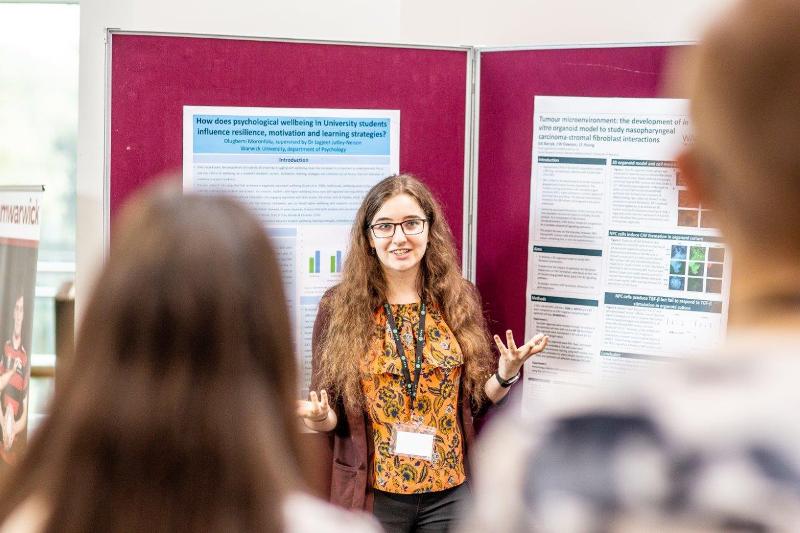
With regard to teaching, the alliance aims to lay a solid foundation for a shared education project that goes beyond offering potential joint degrees. To this end, it is creating learning communities around various disciplines or groups of disciplines (learning units), with interdisciplinarity as a common thread. ‘The idea is to generate interest groups made up of students, lecturers, researchers, administrators and representatives from society that make it possible to create new programmes and innovative new ways of carrying them out’, said Viader. The learning communities will have to be transnational and connected so that their guidelines and ideas can be transferred to all the alliance’s universities.
The project will also seek to open current subjects to everyone, in keeping with the ‘learning unit’ philosophy, without the need for physical staff or student mobility. ‘The learning communities will thus have to design and re-imagine mobility, which may have to be partially virtual’, the vice-rector remarked. And that, he added, ‘is clearly very well aligned with UPF’s new education model, EDvolution’.
The learning communities will thus have to design and re-imagine mobility, which may have to be partially virtual’, the vice-rector remarked. And that, he added, ‘is clearly very well aligned with UPF’s new education model, EDvolució
The first practical actions promoted by EUTOPIA in the framework of existing subjects at UPF will begin in the 2020-2021 academic year. ‘A large group of UPF students will participate in the “Project Management” course, which is cross-disciplinary to the Engineering and Information Technologies studies and coordinated by Miquel Oliver. The course aims to promote the challenge-based methodology as a learning tool’, Viader explained. These students, along with students from the other EUTOPIA universities, will work on defining local challenges, chosen by the students themselves and linked to the SDGs and the Planetary Wellbeing project. They will study them and propose solutions, continuing to work on them in a second subject in the third term. The different alliance groups will present the results to a panel of entrepreneurs, members of local organizations and lecturers, who will decide which teams have best solved the proposed challenges. Finally, the winners from each university will be invited to participate in a hackathon to be held in Gothenburg. They will work on their proposals together and the top three will participate in a final presentation at the University of Warwick.
Separately, ‘students from the subject “Geography, Environment and Sustainability” from the bachelor’s degree in Global Studies, taught by Professor Antoni Luna, will participate in the first learning unit that UPF has proposed to the alliance as a pilot to start studying ways of working together with all the alliance’s universities’, Viader said. This subject is part of a package of six subjects within EUTOPIA with the same goal.
The European Commission's 'European Universities Initiative'
The European Council’s December 2017 Gothenburg summit showed that the higher education landscape across Europe was rapidly changing. One initiative outlined at the summit was the creation of some twenty European Universities by 2024 that would allow students to earn a degree by combining studies in several European Union countries. The ultimate goal was to join forces and enhance the international competitiveness of Europe’s universities.
The European Commission defines European Universities as ‘transnational alliances that will become the universities of the future, promoting European values and identity, and revolutionizing the quality and competitiveness of European higher education’.
The European Commission’s call sought to test different cooperation models for European Universities, and all the selected pilots had to follow certain basic guidelines:
-
Include partners from all types of higher education institutions and cover a broad geographic scope across Europe.
-
Be based on a co-envisioned long-term strategy focused on sustainability, excellence and European values.
-
Offer student-centred curricula jointly delivered across inter-university campuses, where diverse student bodies can build their own programmes and experience mobility at all levels of study.
-
Adopt a challenge-based approach according to which students, academics and external partners can cooperate in interdisciplinary teams to tackle the biggest issues facing Europe today.

